Have you ever wondered if it’s possible to use a propane grill indoors? Imagine being able to enjoy a BBQ feast right in the comfort of your kitchen. The sizzling sounds, the mouthwatering aroma – all without setting foot outside! But is it safe and practical to grill indoors with propane?
Using a propane grill indoors is not recommended. Propane grills are designed for outdoor use due to the high heat, open flame, and potential for carbon monoxide poisoning. Propane grills produce carbon monoxide, a colorless, odorless gas that can be deadly in enclosed spaces. It’s essential to prioritize safety and follow manufacturer instructions when operating propane grills. Instead, consider alternative indoor cooking options like electric grills or stovetop grilling pans that provide a safer and more practical solution for indoor grilling.
Using a propane grill indoors is not recommended. Propane grills produce carbon monoxide and need proper ventilation to ensure safety. Indoor use can lead to carbon monoxide poisoning, which can be fatal. It’s important to follow the manufacturer’s instructions and use propane grills in outdoor spaces where there is ample ventilation. Always prioritize safety when using propane grills.
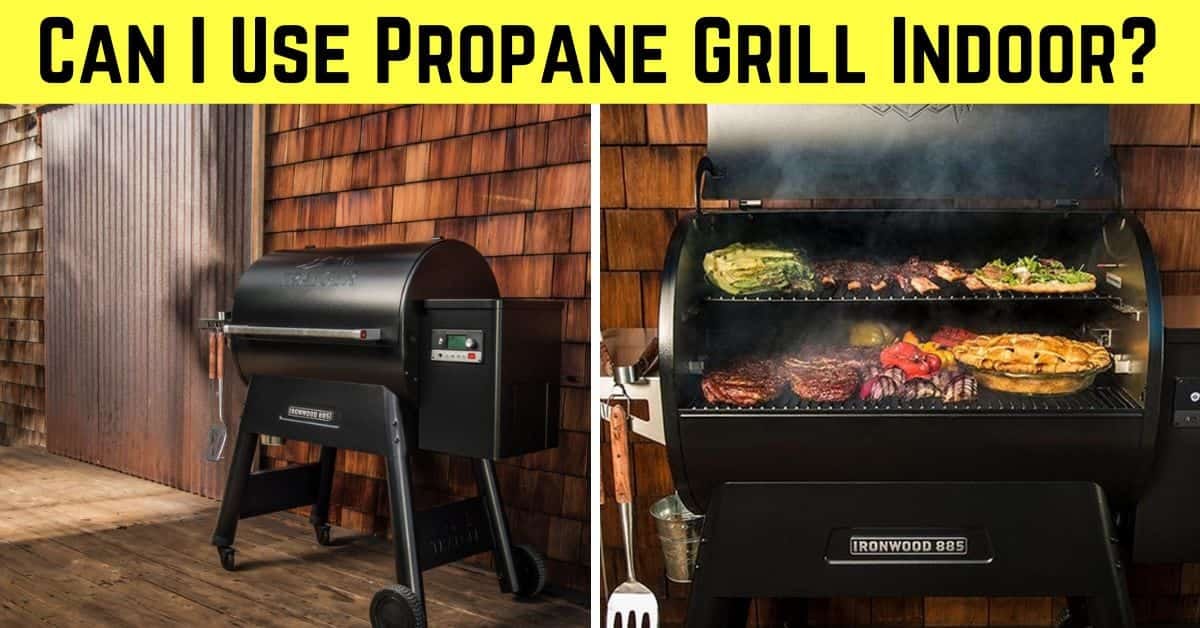
Can You Use a Propane Grill Indoors?
Propane grills are a popular choice for outdoor cooking due to their portability and convenience. But what about using a propane grill indoors? Is it safe or recommended? In this article, I’ll provide you with all the information you need to know about using a propane grill indoors.
Is it Safe to Use a Propane Grill Indoors?
Using a propane grill indoors can be extremely dangerous and is not recommended. Propane grills produce carbon monoxide, a colorless and odorless gas that can be deadly in high concentrations. When used in an enclosed space like indoors, carbon monoxide can quickly build up and lead to poisoning. Additionally, propane grills produce open flames and intense heat, which can pose a fire hazard if used indoors.
If you’re looking to cook indoors, it’s best to use appliances specifically designed for indoor cooking, such as electric grills or stovetop grills. These appliances are designed to be used safely indoors and have features that minimize the production of carbon monoxide and the risk of fire.
The Dangers of Using a Propane Grill Indoors
Let’s take a closer look at the specific dangers associated with using a propane grill indoors:
1. Carbon Monoxide Poisoning
The primary danger of using a propane grill indoors is the risk of carbon monoxide poisoning. Carbon monoxide is a toxic gas that is produced when propane fuels combustion. When inhaled in high concentrations, it can cause symptoms such as headache, dizziness, nausea, confusion, and even death. The lack of proper ventilation indoors can lead to the buildup of carbon monoxide, making it extremely dangerous to use a propane grill.
2. Fire Hazard
Propane grills produce open flames and intense heat, which can easily ignite flammable materials indoors. Using a propane grill indoors increases the risk of accidental fires, especially if the grill is placed too close to combustible objects such as curtains, furniture, or walls. In addition, the use of propane tanks indoors introduces the risk of propane leaks, which can lead to explosions.
3. Lack of Proper Ventilation
Propane grills require proper ventilation to ensure the safe release of combustion byproducts, including carbon monoxide. Indoor spaces are typically not equipped with the necessary ventilation to safely use a propane grill. The lack of ventilation can result in the buildup of carbon monoxide and other harmful gases, posing a significant health risk to anyone in the vicinity.
Alternatives to Using a Propane Grill Indoors
If you prefer the taste and experience of grilling but want to cook indoors, there are alternatives to using a propane grill:
- Electric Grills: Electric grills are designed for indoor use and provide a convenient and safe grilling option. They don’t produce smoke or carbon monoxide, making them a suitable choice for indoor grilling.
- Stovetop Grills: Stovetop grills are specially designed grilling pans that can be used on a stovetop. They allow you to grill indoors while utilizing the heat from your stove.
These alternatives offer a safer and more practical solution for indoor grilling, allowing you to enjoy the flavors of grilling without compromising your safety.
Can You Use a Propane Grill Indoors? The Answer
In conclusion, using a propane grill indoors is not safe and is strongly discouraged. Propane grills produce carbon monoxide and open flames, posing significant risks if used indoors. It’s crucial to prioritize safety when it comes to cooking, and that includes using appliances specifically designed for indoor use. Electric grills and stovetop grills are safer alternatives that will allow you to enjoy grilling flavors without the hazards associated with using a propane grill indoors.
Key Takeaways: Can You Use a Propane Grill Indoors?
- Using a propane grill indoors is extremely dangerous and should never be done.
- Propane grills produce carbon monoxide, a poisonous gas that can build up indoors and cause illness or even death.
- Indoor grilling should only be done with electric grills or specially designed indoor grills that are safe for indoor use.
- Always follow the manufacturer’s instructions and safety guidelines when grilling indoors.
- Remember to have proper ventilation when grilling indoors to ensure the safe release of gases.
Is it safe to use a propane grill in the house?
Propane grills are a popular choice for outdoor cooking, but can they be safely used indoors as well? The simple answer is no. While propane grills may seem convenient to use inside the house, it pose several safety hazards that should not be overlooked.
First and foremost, propane gas is highly flammable and can easily ignite when exposed to an open flame or spark. This can lead to fires and explosions, causing damage to your home and putting you and your family at risk.
Another danger of using a propane grill inside is the potential for carbon monoxide poisoning. Propane grills produce carbon monoxide as a byproduct of combustion, which can quickly build up in an enclosed space like a house. Inhaling high levels of carbon monoxide can lead to serious health complications or even death.
Furthermore, using a propane grill inside is against the manufacturer’s instructions and can void the warranty. Propane grills are designed to be used in well-ventilated outdoor spaces to ensure proper airflow and prevent any build-up of gas.
Is it safe to burn propane indoors?
Most people think that burning propane indoors is not safe, due to the risk of carbon monoxide poisoning. While it’s true that using any type of fuel-burning appliance indoors can be dangerous, there are certain precautions you can take to make sure that burning propane is safe for indoor use.
First and foremost, it is important to have proper ventilation when using propane indoors. This means having windows or doors open to allow fresh air to circulate and prevent the buildup of carbon monoxide. It’s also a good idea to have a carbon monoxide detector in your home, which will alert you if levels become dangerously high.
Another important factor is the type of propane appliance you are using. Some appliances are specifically designed for indoor use and have safety features such as oxygen depletion sensors, which will shut off the appliance if oxygen levels become too low. It’s important to read and follow the manufacturer’s instructions for any propane appliance you are using indoors.
Propane is a clean-burning fuel, meaning that it produces lower levels of harmful emissions compared to other types of fuels. This makes it a safer option for indoor use. However, it’s still important to be cautious and use propane appliances in well-ventilated areas.
Frequently Asked Questions
Here are some commonly asked questions regarding the use of propane grills indoors.
1. Is it safe to use a propane grill indoors?
No, it is not safe to use a propane grill indoors. Propane grills produce carbon monoxide, which can be dangerous in an enclosed space. Carbon monoxide is an odorless and colorless gas that can cause poisoning or even death if inhaled in high concentrations. It’s important to always use propane grills in well-ventilated outdoor areas to ensure your safety.
Additionally, propane grills can also pose a fire hazard if used indoors. The open flame and heat generated by the grill can easily ignite combustible materials in your home, leading to a potentially devastating fire. It’s crucial to follow safety guidelines and only use propane grills in inappropriate outdoor spaces.
2. Can I use a propane grill in my garage?
No, it is not recommended to use a propane grill in your garage. Garages are typically enclosed spaces with limited ventilation, which can increase the concentration of carbon monoxide and pose a serious health risk. The buildup of carbon monoxide can be especially dangerous if there are no windows or doors open to allow fresh air circulation.
In addition to the health risks, using a propane grill in a garage also presents a significant fire hazard. The combustible materials commonly found in garages, such as gasoline, oil, and flammable chemicals, can easily catch fire if exposed to the open flame or heat of the grill. It’s best to always use propane grills outdoors in open areas away from any structures.
3. Are there any alternatives to using a propane grill indoors?
Yes, there are alternative options for indoor grilling. Electric grills are a safer choice for indoor use as they do not produce carbon monoxide or emit open flames. Electric grills use heating elements to cook food and can be used safely in well-ventilated indoor spaces such as kitchens or balconies. They are also easier to clean and maintain compared to propane grills.
Another option is using a stovetop grill pan. These pans are designed to mimic the cooking experience of outdoor grills by creating grill marks and imparting a smoky flavor to the food. Stovetop grill pans can be used on gas or electric stoves and provide a convenient solution for grilling indoors.
4. Is it possible to modify a propane grill for indoor use?
No, it is not recommended to modify a propane grill for indoor use. Propane grills are specifically designed for outdoor use, with features such as open flames and venting systems that are not compatible with indoor environments.
Attempting to modify a propane grill for indoor use can not only void its warranty but also create safety hazards. It’s important to use grills as intended and follow the manufacturer’s instructions and safety guidelines to ensure your well-being.
5. What precautions should I take when using a propane grill outdoors?
When using a propane grill outdoors, there are several precautions you should take to ensure your safety:
– Always place the grill on a stable and level surface away from any flammable materials.
– Keep a fire extinguisher close by in case of emergencies.
– Regularly check the propane tank for leaks and ensure all connections are secure.
– Never leave the grill unattended while it is in use.
– Make sure the grill is completely turned off and cooled down before storing it.
Is It Safe to Use a Propane Grill Indoors?
In summary, it is not safe to use a propane grill indoors. Propane grills produce carbon monoxide, a colorless and odorless gas that can be deadly when inhaled in high concentrations.
Additionally, using a propane grill indoors can lead to a build-up of heat and smoke, which can be a fire hazard. It is best to use propane grills outdoors in a well-ventilated area to ensure the safety of yourself and others.
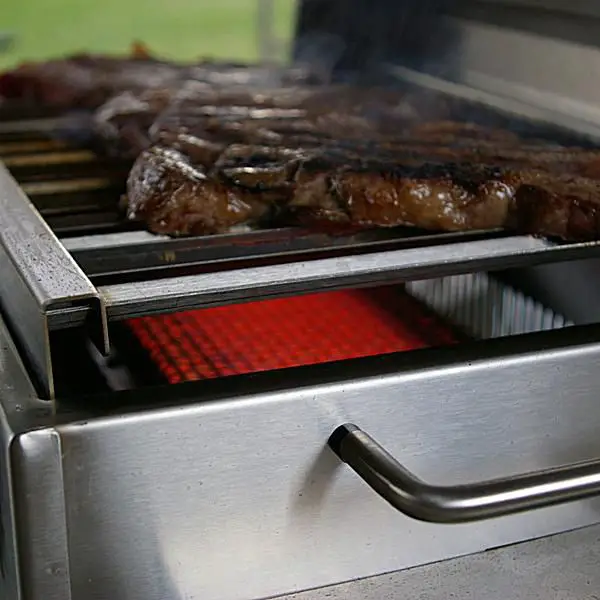
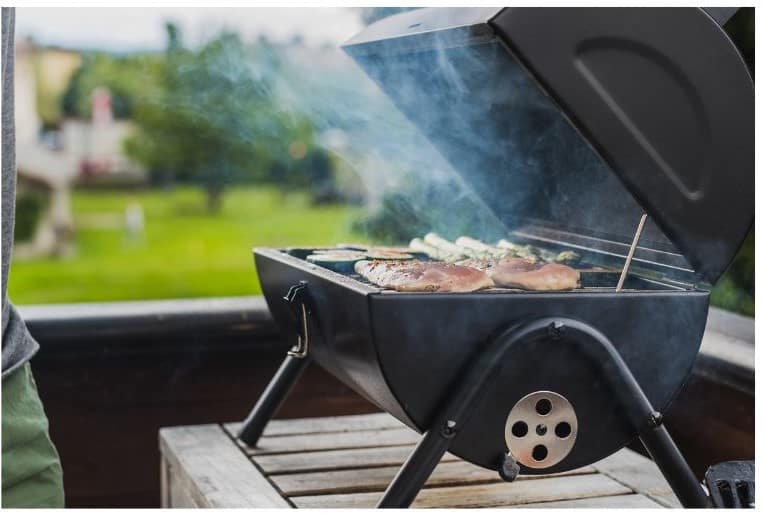
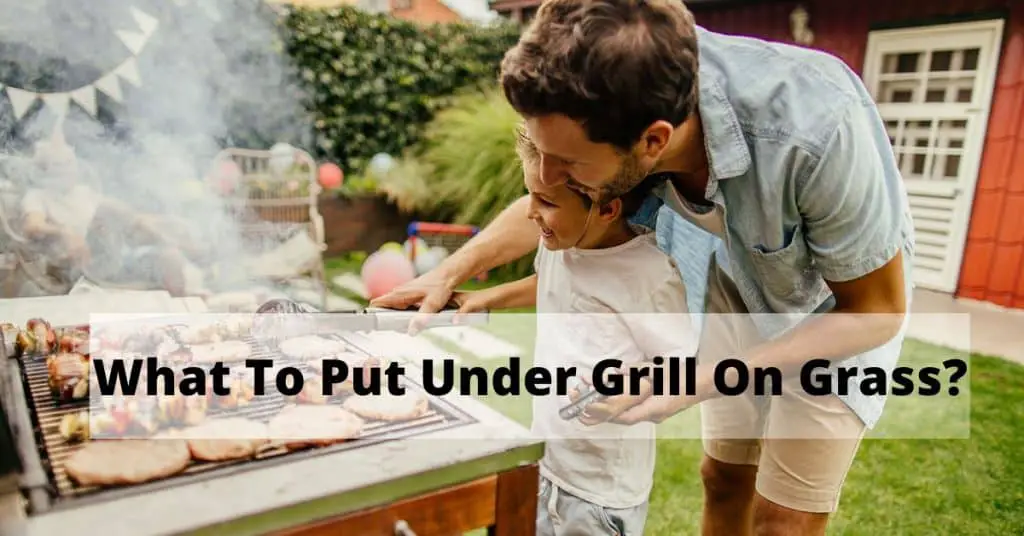
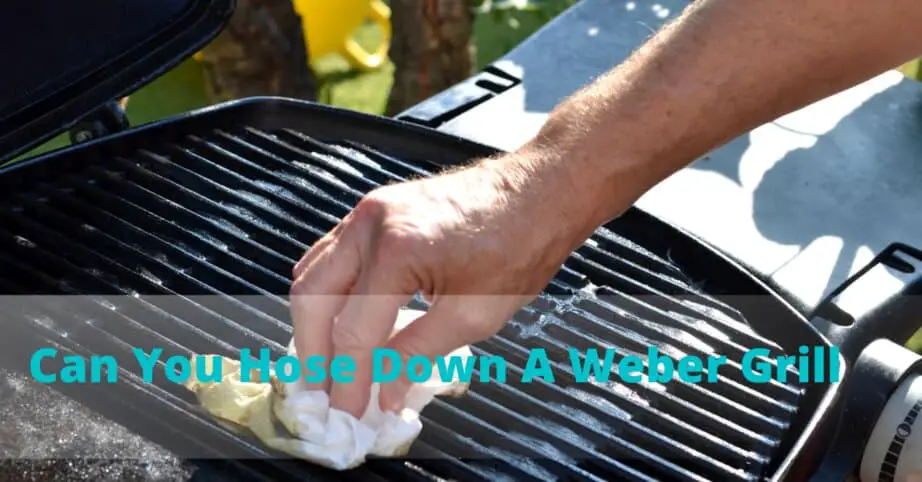
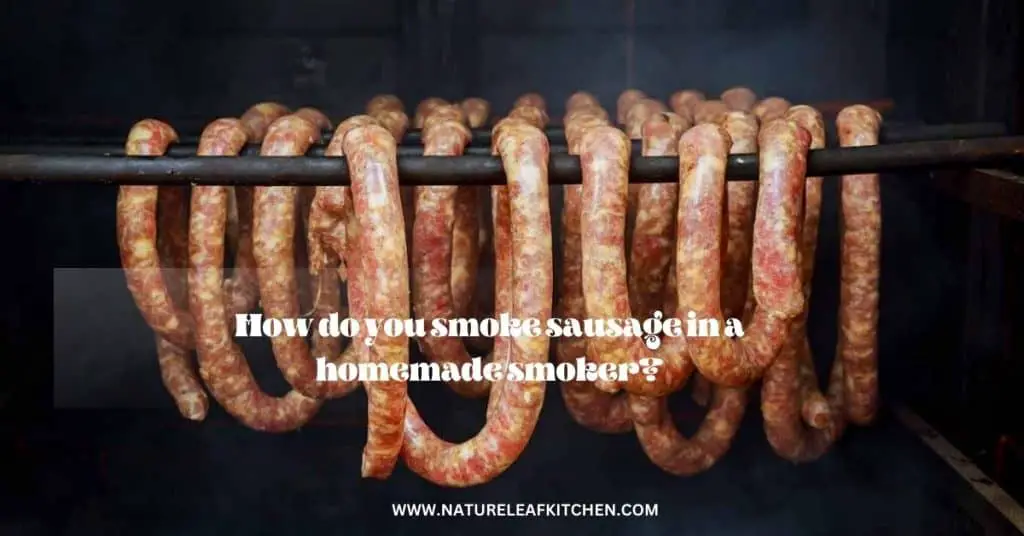
I appreciate you sharing this blog post. Thanks Again. Cool.
Pretty! This has been a really wonderful post. Many thanks for providing these details.